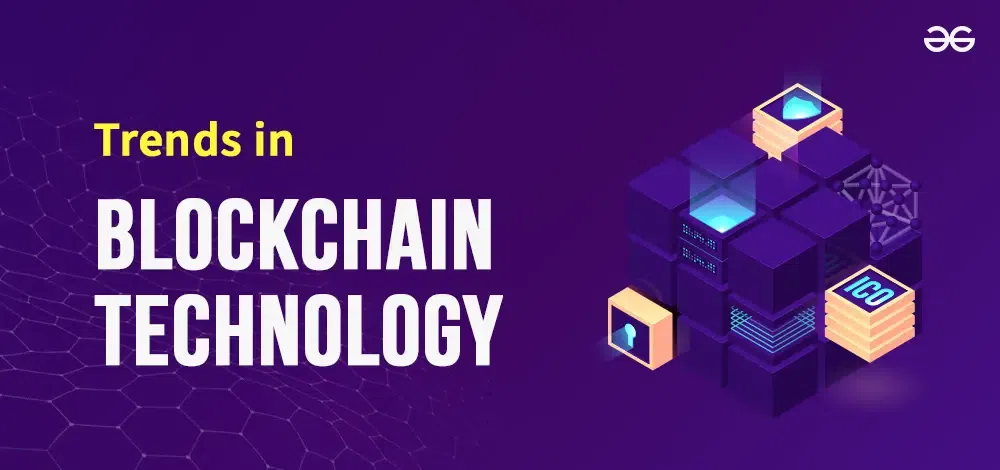Blockchain Revolution: Innovations Redefining Our Future
Overview or Introduction
As we usher in 2025, blockchain technology is no longer merely a financial tool for cryptocurrency trading. Its transformative potential stretches across numerous sectors, impacting how we interact, conduct business, and address global challenges. This report delves into the innovative projects and trends reshaping our world via blockchain, showcasing how it is poised to foster economic inclusion, enhance sustainability, and redefine connectivity.
Whether you’re a technology enthusiast, an investor, or someone curious about the future of digital interactions, understanding these developments can provide valuable insights into the emerging landscape of blockchain technology.
Five Blockchain Innovations Transforming Industries
The versatility of blockchain technology is evident in its application across multiple industries, from finance to environmental management. Here are five pivotal projects leading the charge:
1. Aave: Decentralizing Finance
Aave is revolutionizing the financial sector by enabling users to lend and borrow cryptocurrencies without traditional bank involvement. Its decentralized nature democratizes access to financial services, fostering economic participation globally.
2. Philcoin: Empowering Through Philanthropy
By combining giving with earning, Philcoin’s innovative approach to charity and digital economy promotes financial inclusion and bridges the digital divide, demonstrating blockchain’s potential for social good.
3. Alephium: Energy-Efficient Blockchain
Alephium employs a unique “Proof of Less Work” consensus mechanism to address the growing concerns about energy consumption in blockchain networks, ensuring sustainability while maintaining security.
4. FedRok AG: A New Era in Carbon Credits
This Swiss company is setting a high standard for transparency in carbon credit trading with its “Proof of Green” model, aligning sustainability with blockchain technology to create a trust-based trading system.
5. Helium: Decentralized Connectivity
Helium’s community-operated network not only provides low-cost connectivity for IoT devices but empowers individuals to take part in building robust communication systems in underserved areas.
Top Trends in Blockchain Technology for 2025
The rapid evolution of blockchain technology is set to continue as organizations adopt emerging trends shaping the industry:
Interoperability and Cross-Chain Solutions
The need for different blockchain networks to seamlessly communicate is becoming apparent, facilitating innovative cross-chain applications.
Decentralized Finance (DeFi) Evolution
As DeFi matures, it is paving the way for advanced financial instruments and services that give users unprecedented control over their assets.
NFTs Beyond Digital Art
Non-fungible tokens are expanding into diverse applications, including the tokenization of physical assets and enhancing ownership verification.
Blockchain for Supply Chain Transparency
Increasingly, businesses are leveraging blockchain for improved traceability and accountability in their supply chains, addressing ethical sourcing and counterfeit concerns.
Regulatory Clarity and Government Adoption
As governments like Switzerland and Singapore recognize blockchain’s potential, regulatory frameworks promoting innovation while protecting consumers are being established.
Key Takeaways
- Blockchain is evolving beyond cryptocurrencies, impacting finance, environmental efforts, and community connectivity.
- Innovative projects like Aave, Philcoin, and FedRok AG are demonstrating real-world applications that foster inclusion and sustainability.
- Emerging trends such as DeFi, interoperability, and NFTs are shaping the future of blockchain technology, indicating its increasing role in various industries.

